2010 / Noah Baumbach > There’s a surprising amount of humanity packed into Greenberg, though what stuck out for me is the disconnect between generations. How we handle things is different than 20 years ago and will be different 20 years from now. Technology has changed the way we communicate with our neighbours. Youth, adolescence and the potential of the lost twenties vary due to the context of their own eras. It’s not an easy matter to dissect during the length of a feature film, but Baumbach tries to throw the kitchen sink at it. For the most part, his heart is in the right place, but I’d argue that the two leads were a little too polar for it to work efficiently. We’re not dealing with subtlety here, and that makes it feel a bit more pedantic than it needs to be. In contrast, one could argue the lightheartedness of Kicking and Screaming better added to the effectiveness of exploring post-collegiate life than Greenberg’s near-blanket cynicism.
Category Archives: United States/Canada
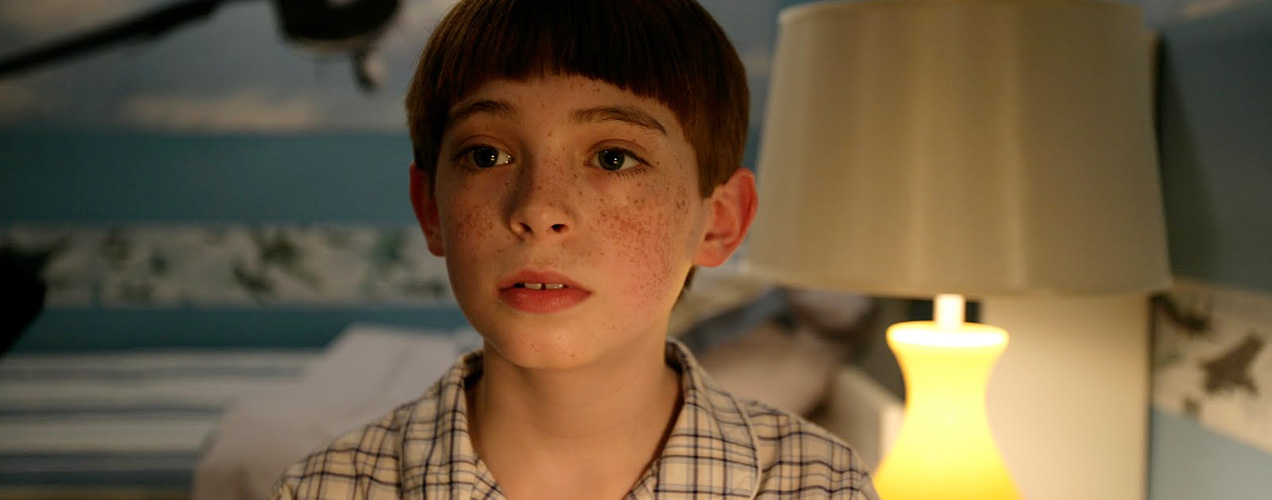
Life During Wartime
2010 / Todd Solondz > As Solondz’s follow-up to one of the iconic chronicles of a modern dysfunctional American family, Life During Wartime is effective. But it only really works as an addendum to the original: The characters (played by different actors than in Happiness, a technique Solondz first experimented with in Palindromes) are surprisingly two-dimensional without their expository sequences, though there is some satisfaction in seeing the aftermath of it all.

Salt
2010 / Phillip Noyce > Angelina Jolie may be today’s best female action star, but even her awesome screen prowess can’t save a middling script with predictable twists. Kudos to the non-CGI action sequences reminiscent of classy Jackie Chan stunts, but even they’re not enough after the story starts blowing up halfway. Spy business used to be cool and can be cool again, but Salt will not be the film to bring the Cold War back into vogue. And can we please get Chiwetel Ejiofor a leading role?
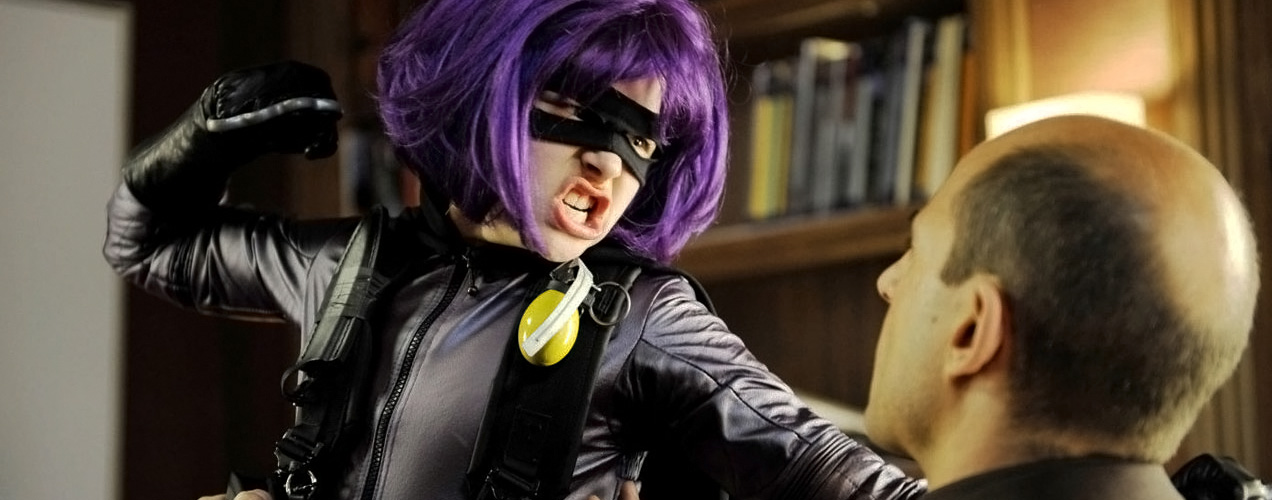
Kick-Ass
2010 / Matthew Vaughn > The bad: Awful editing, weak directing and mediocre writing. Scenes didn’t flow into the next, the musical choices were also suspect. The good: The whole mythology of the everyday man being told through Kick-Ass was nice, but Hit Girl stole the show over and over again. What an amazing screen presence Chloe Moretz has. She’s going to be a star (and has single-handedly given me hope that she’ll do justice to Lina Leandersson’s role in the remake of Let the Right One In). Takeaway? Vaughn may have peaked with Layer Cake.
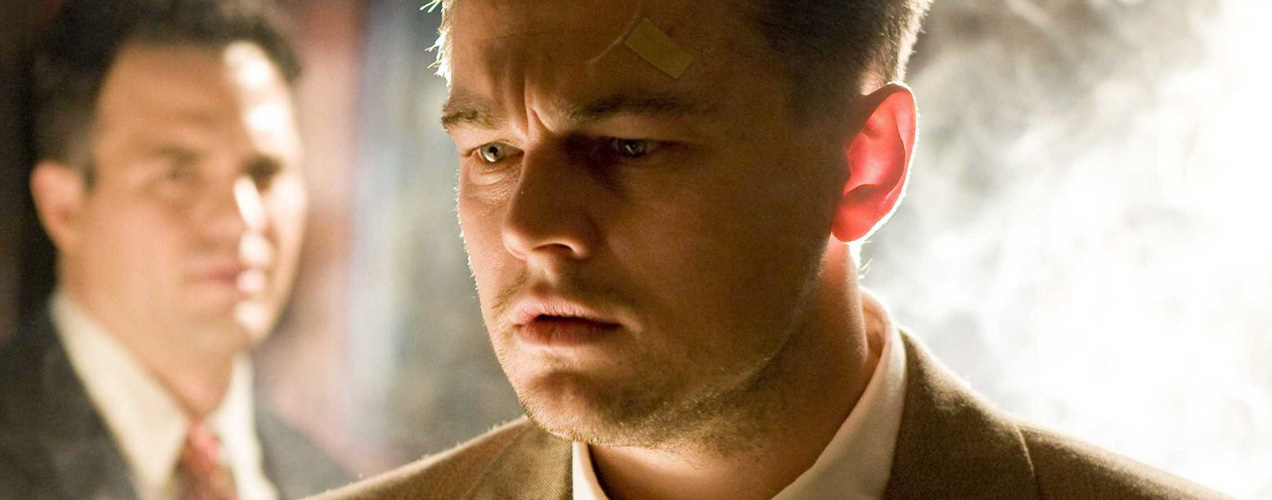
Shutter Island
2010 / Martin Scorsese > Something happened to Scorsese between Goodfellas and Casino. He stopped demanding more of the viewer, started catering to a lower common denominator and/or became too complacent with his storytelling. For a film to work, the technicals need to match the fundamentals and aesthetics. They don’t always need to be in equal parts, but if one fails, the others get dragged down hard. In the case of Shutter Island, a darkly beauteous approach to classic Hitchcock horror, the director of Taxi Driver becomes satisfied with an ending that’s not only predictable but has become almost expected in this day and age. It takes a lot more than a question of morality and human conscience that surrounds the finale to quench the thirst for a good film.

Daybreakers
2010 / Michael Spierig & Peter Spierig > Daybreakers starts out strong with a focus on creating atmosphere, context and a scientific approach to how vampires come to rule Earth, and then quickly teeters into a banal action clone that misses out on a chance to be a science fiction classic because of its shortsightedness.
Avatar
2009 / James Cameron > From a historical perspective, the positives for Avatar far outweigh the negatives. Cameron’s technology is incredible: Often during action sequences, I was wondering if the make-up would come off in the heat, only to realize that, no, this wasn’t make-up, that this was a new generation of CGI that would change the way we create and experience movies for the the next decade. Throw in the vibrant, imaginary setting of Pandora and you have a world ripe for the picking. But then comes the story, the characters and the barrage of cliches. One could argue that a tried and true story can be made better with refinement, but I’ll argue that even in that, this film fails. The writing is tragically bad at times (“I see you!”), and the supporting players are ridiculous caricatures. If in doubt, seek no further than the element of interest in the film: Unobtainium. If that doesn’t give away to the fact that someone, somewhere down the line forgot to do some quality checking on the script, I’m not sure what will.
The trick with Avatar, though, is this: I’m grateful for it. Some consider The Abyss to be the test vehicle for Terminator 2, and that to be a test vehicle for this. But given its lack of maturation in the storytelling department, I can’t tell you how excited I am to see what Cameron does with his upcoming Battle Angel. Technology allows filmmakers to provide instant gratification to viewers. But you need a story for a film to be memorable, for it to age well. The Matrix is shockingly corny now, and I have little doubt that Avatar will also fail to hold up in the annals of time, box office receipts be damned. Its legacy, however, will be carried forth by the technology and all the cinema that will be founded on it.
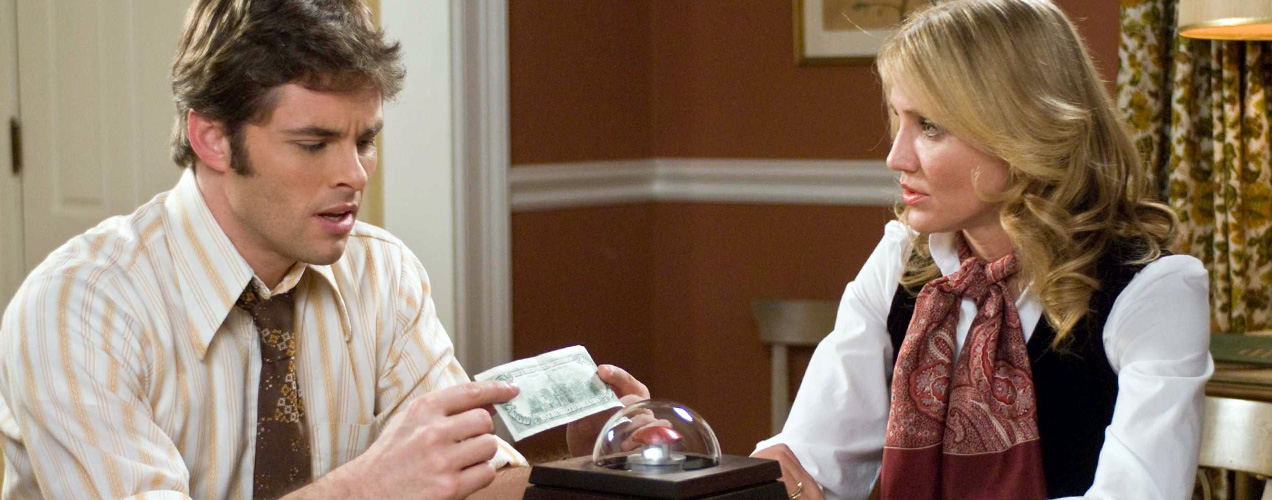
The Box
2009 / Richard Kelly > As a kid, I was pretty obsessed with classic Twilight Zone episodes. They were all about possibility and imagination, about the world that may be out there without us knowing. Kelly, after his commercial fuck-up in Southland Tales, pastes on Cameron Diaz and brings forth The Box, which, in the most positive way possible, is a feature length version of a 1950s Twilight Zone episode. With a bigger budget allowing for a fully realized and more refined production process, the film allows us to enter the mindset of mid-century America with fears of the Cold War. Except, of course, there are more sinister things in the air than Communists. There’s some level of campiness involved here, no doubt, but if one can accept that as part of the experience, this is an unpretentious sci-fi treat not often found in today’s cinema.
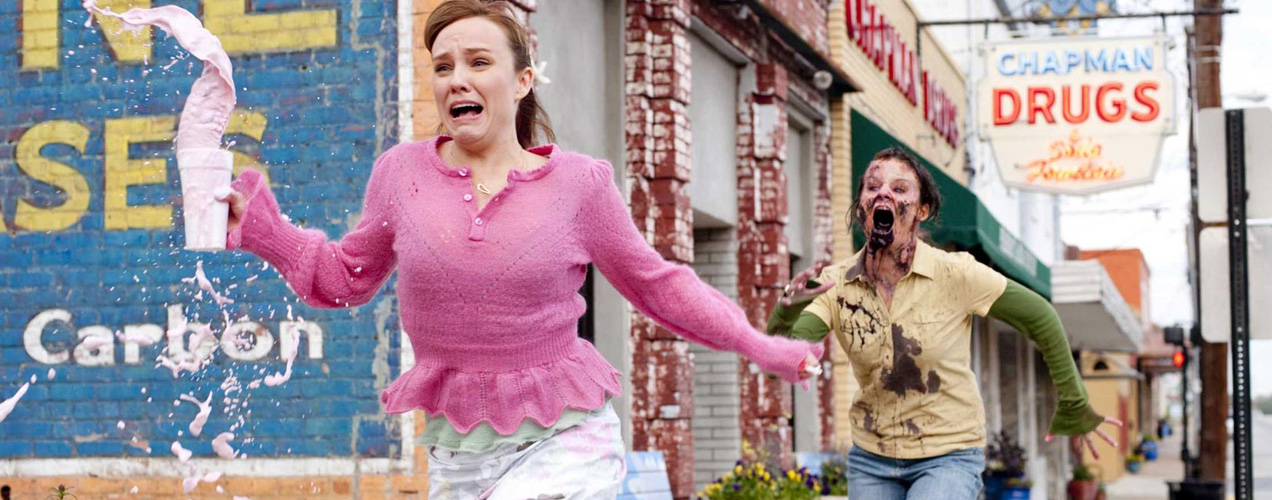
Zombieland
2009 / Ruben Fleischer > Two things in short: Yes, it’s fun to watch, and the cameo is absolutely fantastic. The best in movies since Tropic Thunder. And no, it’s not as good as Shaun of the Dead. That film was ingenious, blending the zombie genre with a type of self-heckling comedy that created something memorable. Instead, Zombieland holds the handrails a bit too close, never really flourishing beyond a louder version of what’s already been done. For that, it maintains its own ground though never matching the charm of Simon Pegg’s vehicle.

Transformers: Revenge of the Fallen
2009 / Michael Bay > I’ve been suckered: I was told there was no story, that it was a bunch of explosions, that they exploited Megan Fox’s body. Well, it’s not like I was lied to: It really is based around explosions, not to mention very strategic placement of Megan Fox and her navel. But both of those points simply added to my enjoyment. As for no story? That’s a bit harsh. It had more story than the original, and decent enough in its own right that I wouldn’t fault it. It’s Transformers 2. Directed by Michael Bay. Who, I’m convinced now more than ever, is the most brilliant director in Hollywood today when it comes to making stuff explode. I liked Bad Boys, even the sequel, and I loved The Rock. All snobbishness aside, you can’t help but respect the man for his vision and ability. What he does is not easy to do, regardless of what the perception may be. Remind me the last time you saw something like Devastator climb the Pyramids of Giza. That doesn’t happen overnight. If I was Egypt, there are probably two directors in the world I’d let film there: One is Steven Spielberg, and the other is Michael Bay. And folks, that’s some massive street cred. Wonder what he’ll blow up in Transformers 3…

